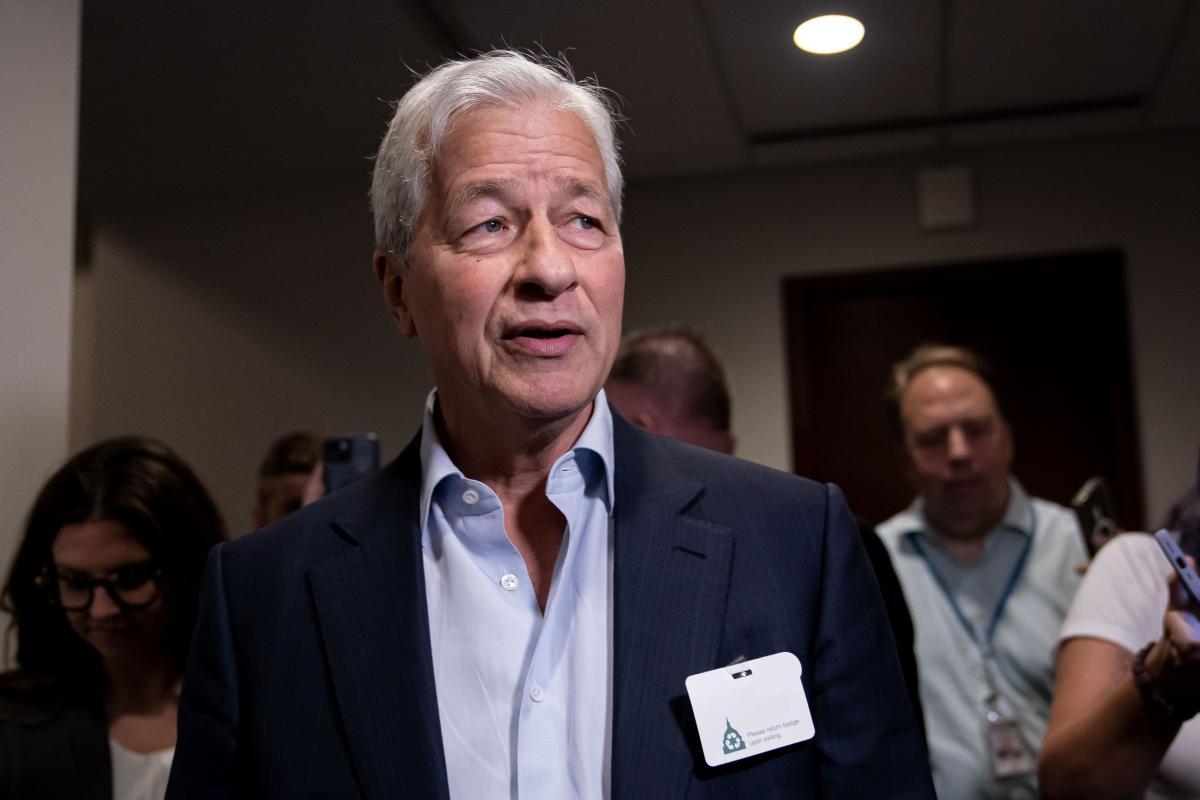On August 31, Delhi-based low-cost airline SpiceJet reported a net loss of ₹789 crore ( ₹420 crore, excluding forex adjustment) for the quarter ending June 30, 2022 as compared to a net loss of ₹729 crore in the quarter ending 30 June, 2021, as business was severely impacted by record-high fuel prices and a depreciating rupee.
At one level, SpiceJet’s losses underscore the continued challenges that the Indian airline industry is facing such as rising aviation turbine fuel prices without a consequential rise in domestic airfares, owing to the price caps placed by government rules (they expired on September 1). Further, many of the costs of Indian airlines are in dollars but their earnings are largely in rupees and there has been a steep depreciation of the rupee against many international currencies.
However, there are various other reasons which make SpiceJet more vulnerable. For instance, SpiceJet has never had a long-term promoter. In the two decades or so of its existence, SpiceJet has had new owners four times—from Bhulo Kansagra to Wilbur Ross to the Marans and now Ajay Singh. This frequent change of ownership means that there has been no long-term investor to give guidance to the airline or anchor it in a well thought out vision since its inception. Besides, there is the issue of lack of real market strength in face of IndiGo’s steady growth (which controls over 50 per cent of the domestic market).
All the other domestic carriers, SpiceJet’s market competitors, have had the same promoters from the time they started operations. IndiGo has been owned by Rahul Bhatia and Rakesh Gangwal (who is now selling his stake) while the Wadia Group has been in control of GoFirst from day one and Vistara has been and remains a joint venture between Singapore Airlines and Tata Sons. But not so with SpiceJet.
Even more worryingly, for quarters on end the airline’s auditors have been casting doubts on SpiceJet being a “going concern” because of its mounting liabilities. They have done so even in the latest quarter. The situation for SpiceJet has now become so critical that it has had to delay salaries for many employees. The airline’s Chief Financial Officer too is leaving the airline.
Couple this with the market situation where SpiceJet had to face a double whammy as there was the global grounding of the MAX aircraft fleet for close to over 30 months beginning 2021 and the pandemic which saw all domestic airlines cease operations for two months starting March 2020. This turned planes into white elephants.
So, what is the way out for the cash-strapped airline? An indication of the current promoter’s thinking was provided by Singh when he said that “the Company will be shortly engaging with investment bankers for a potential raise of up to $200 million.”
This opens the doors for another airline or entity to save SpiceJet by acquiring ownership in it.
Despite its problems, SpiceJet holds out promise—the promise of the growing Indian air travel market. Earlier this week, Boeing predicted that it expects India’s air traffic to grow annually by nearly 7 per cent through 2040 while the growth for the South East Asia market is pegged at 5.5 per cent, China (5.4 per cent), Africa (5.4 per cent) and Latin America (4.8 per cent). The projection is based on an over 20-year horizon and the growth could be much higher in the near term.
Boeing also said that it was bullish on the “massive potential” in the air cargo space. This could provide another revenue stream for a potential investor as air cargo is a space in which SpiceJet has a presence with SpiceExpress.
However, getting a potential investor interested is not going to be easy. Foreign investors could demand their own pound of flesh in terms of asking the current management to either exit completely or be reduced to a minority and leave the running of the airline to a new team. India allows 49 per cent foreign direct investment in domestic aviation. A number of foreign carriers including Qatar Airways and Flydubai have reported profits recently and are keen to have a greater share of the Indian aviation market. With the government showing no signs of exchanging air services bilaterals with these countries, they could look at other ways including buying into a domestic airline to enhance their presence in this market.
IndiGo is unlikely to be interested. It flies different aircraft type of which it has lined up another 300-odd deliveries. Vistara is probably going to be busy figuring out how to co-exist or merge with Air India that also now belongs to the Tatas.
So who could SpiceJet’s saviour be? Hedge funds or some foreign investors may want to try their luck. There are parallels in airports: Airport Paris brought into GMR airports, which runs two of India’s best airports, in Hyderabad and Delhi, and Zurich Airport will build a new one in Jewar, near Noida.
This could entail a new management running the red-hot and spicy SpiceJet but what remains to be seen is whether its current promoter Ajay Singh wants to fly this course. He may have few options left.
Download The Mint News App to get Daily Market Updates.
More
Less
Post your comment














